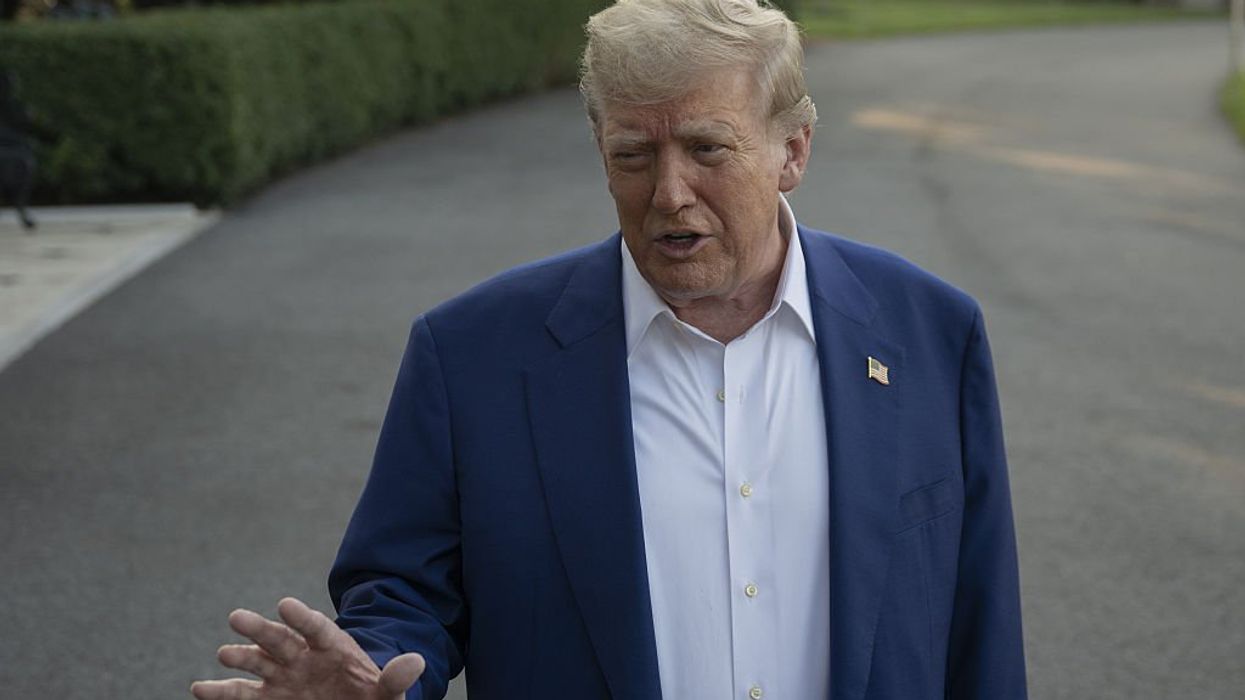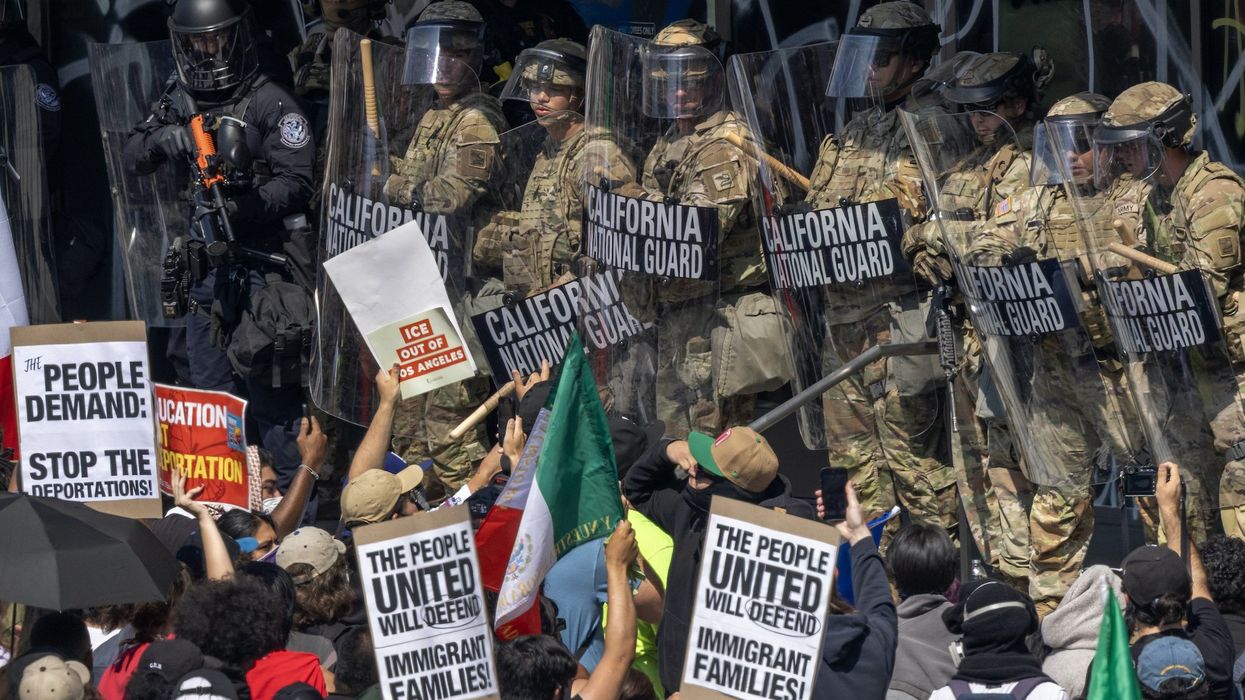Congress appears to be headed toward a fight over exactly how it should authorize the Obama administration to fight the Islamic State, as a key Republican indicated he wants to hold out the option of ground troops, a provision many Democrats would likely oppose.
When Congress to campaign in the mid-term elections, it did so under a loose consensus that Obama has the right, in the short term, to increase airstrikes against the Islamic State under his own authority. But many Republicans and Democrats said a longer-term authority is needed to keep up a campaign that is expected to last several years, according to the administration's own estimates.
 Congress is likely to wrestle with how much flexibility it should give President Barack Obama as he steps up his military campaign against the Islamic State. (AP Photo/Susan Walsh)
Congress is likely to wrestle with how much flexibility it should give President Barack Obama as he steps up his military campaign against the Islamic State. (AP Photo/Susan Walsh)
This week, House Armed Services Committee Chairman Buck McKeon (R-Calif.) said Congress needs to approve language that doesn't restrict the military in any way as it fights the terrorist group.
"Such legislation must not be an authorization to use some military force," he wrote in a letter to the Washington Post. "Artificial limitations provide Washington politicians with political cover rather than providing our military commanders with the legal authority they need."
Democrats are likely to see that as opening the door to the use of extensive ground troops, which could force many of them to oppose language that takes the form McKeon prefers. In turn, that could complicate passage in the Democratic Senate, even if it's able to pass in the GOP-led House.
McKeon laid out his argument in a letter that also said the lame-duck Congress should not be given the task of passing a new authorization for the use of military force, or AUMF. Instead, he said the newly elected Congress should take this step — if McKeon gets his way, congressional passage of new authorization would happen in January at the earliest.
"Lame ducks, with little accountability, should not make an AUMF the final vote of their term," he wrote. "Incoming representatives will oversee the conflict, and they should bear the responsibility for authorizing it — even if that means a vote can't take place until January."
McKeon added that Obama could spend the next few months "filling the gaps in his strategy, being candid with the American people and building a political consensus and commitment to see this through."
McKeon's demand on timing seems likely to be one the House will follow. House Speaker John Boehner (R-Ohio) has already said the next Congress should pass an AUMF, although he also said it's possible the House could consider it something presented by the White House in the next few weeks as well.
McKeon had one last demand — that the AUMF should not be passed as part of a spending bill. That also seems likely to happen, as the next spending bill has to be approved by mid-December, much earlier than Boehner's vision of passing an AUMF in January.

 Congress is likely to wrestle with how much flexibility it should give President Barack Obama as he steps up his military campaign against the Islamic State. (AP Photo/Susan Walsh)
Congress is likely to wrestle with how much flexibility it should give President Barack Obama as he steps up his military campaign against the Islamic State. (AP Photo/Susan Walsh)





